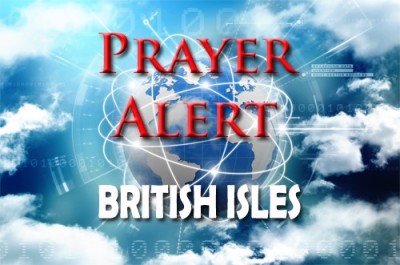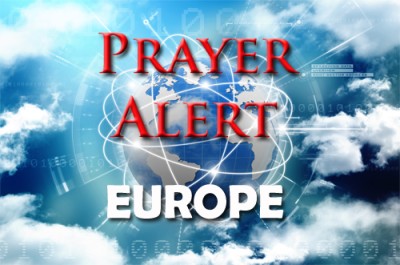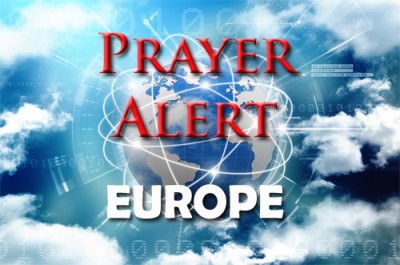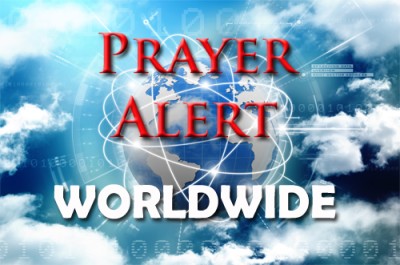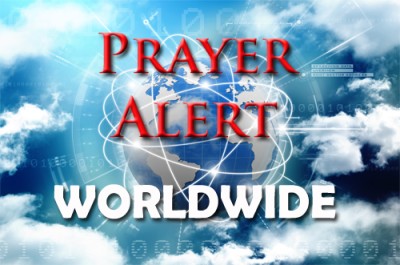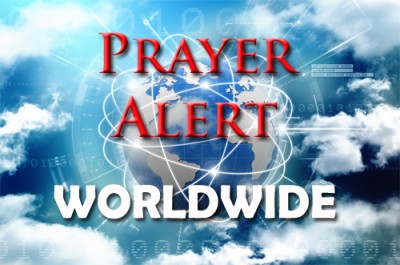Process of appointing next Archbishop of Canterbury an ‘omnishambles’
The Church of England’s process to appoint the next Archbishop of Canterbury has been described as an 'omnishambles'. Following Justin Welby’s resignation, the post has been vacant since January. Although an announcement was expected this autumn, the appointment may now be delayed due to three vacant positions on the Crown Nominations Commission (CNC), which must be filled by elected members from the Diocese of Canterbury. Complications arose when the General Synod changed eligibility rules mid-process, introducing gender and clergy-lay balance requirements. This disqualified several previously nominated individuals and enabled the selection of others who had received little or no diocesan support. Critics argue that the diocese applied new rules incorrectly, bypassing normal procedures. Despite the confusion, the CNC hopes to maintain its original timetable, with key meetings scheduled for May, July, and September. A recent public consultation on the future Archbishop received nearly ten thousand responses, reflecting widespread interest and concern over this pivotal appointment in the Anglican Communion.
Ukraine / Russia: delegations arrive in Istanbul, but not Putin
Peace efforts between Russia and Ukraine took a cautious step forward as Russian delegates arrived in Istanbul on 15 May for proposed negotiations. Volodymyr Zelensky had invited Vladimir Putin to meet in person, but Putin declined, appointing aide Vladimir Medinsky to lead Russia’s delegation. The absence of top Russian officials, including foreign minister Sergey Lavrov, cast doubt on Moscow’s seriousness. Ukraine, emphasising the need for high-level talks, questioned the format and substance of the meeting. Zelensky said he would decide Ukraine’s response after seeing Russia’s true intentions. Ukraine and its allies had urged an unconditional ceasefire from 12 May, a proposal Moscow ignored. Donald Trump, who at one stage expressed interest in attending, will not participate, though Marco Rubio, Steve Witkoff, and NATO secretary Mark Rutte could do so. The situation remains fluid, with uncertainty surrounding whether the talks will lead to meaningful de-escalation or remain another missed opportunity.
EU: court rules against EC refusal to release text messages to Pfizer
The EU General Court has ruled that the European Commission failed to justify its refusal to release text messages between Ursula von der Leyen and Pfizer CEO Albert Bourla regarding Covid-19 vaccine contracts. The case, brought by the New York Times, has been described as a landmark in institutional transparency. The EC had argued that texts are too ephemeral for official documentation, but the court rejected this, stating that all communication must be treated as potentially subject to public access. Critics, including the EU Ombudsman, had said that the secrecy risked favouring private interests over public welfare. Previous attempts to obtain vaccine contract details had also been met with redactions and resistance. Reacting to the decision, one commentator said, '(It is) everyone’s win as this judgment is set to lead greater accountability of EU leaders' actions’.
Gaza: UN relief chief describes horrendous conditions
In an address to the Security Council, UN emergency relief coordinator Tom Fletcher warned that Gaza’s 2.1 million residents are enduring famine-like conditions after a ten-week aid blockade. He condemned the ongoing displacement of civilians, destruction of hospitals, and systematic denial of humanitarian access by Israel, urging immediate global intervention to prevent genocide. Fletcher described Israel’s alternative aid delivery proposal as a ‘cynical sideshow, a deliberate distraction, and a fig leaf for further violence and displacement’. He said that humanitarian agencies have the capability and verification systems to deliver aid responsibly, but are being obstructed. While the International Court of Justice reviews genocide allegations, Fletcher warned such action may come too late. He appealed to Israel and Hamas: ‘Will you act - decisively - to prevent genocide and to ensure respect for international humanitarian law? Or will you say instead, “we did all we could?”’
India / Pakistan: ceasefire, with conflicting claims of ‘victory’
Following a deadly attack in Indian-administered Kashmir on 22 April, military tensions between India and Pakistan escalated rapidly, culminating in cross-border missile strikes and drone attacks. The conflict nearly led to all-out war, but a US-announced ceasefire on 10 May halted the fighting. Both nations claim victory: India points to deep strikes into Pakistan’s Punjab region, while Pakistan touts the downing of Indian jets, confirmed by foreign sources. Analysts suggest that both sides gained and lost strategically. India achieved a rare reach into Pakistan’s heartland for the first time since 1971, while Pakistan successfully internationalised the Kashmir issue, welcoming external mediation. The ceasefire’s legitimacy is disputed: India insists it was bilateral, while Pakistan credits the USA. Talks between military officials have followed, but Narendra Modi has warned the ceasefire is only a ‘pause’. It would not take much for hostilities to flare up again.
Middle East: Trump seals a deal with Saudi Arabia, lifts sanctions on Syria
Donald Trump began a Middle East tour with major policy and economic announcements, including lifting long-standing US sanctions on Syria - a country rebuilding after civil war and regime change. The move, which follows a request by Saudi Arabia’s de facto ruler, Crown Prince Mohammed bin Salman, signals a dramatic policy shift. Trump also unveiled a $600 billion Saudi investment commitment in the USA and signed a record-breaking $142 billion arms agreement with Riyadh. The visit prioritised economic cooperation over security concerns and featured meetings with top US business leaders and Saudi officials. The deals, on energy, defence, and infrastructure, could eventually total $1 trillion. Trump praised bin Salman but avoided any mention of the 2018 Khashoggi killing. He also reaffirmed a hard stance against Iran, offering conditional diplomacy. His broader goal: to realign regional power structures, bolster US business, and isolate Tehran while pushing for eventual Arab-Israeli cooperation.

